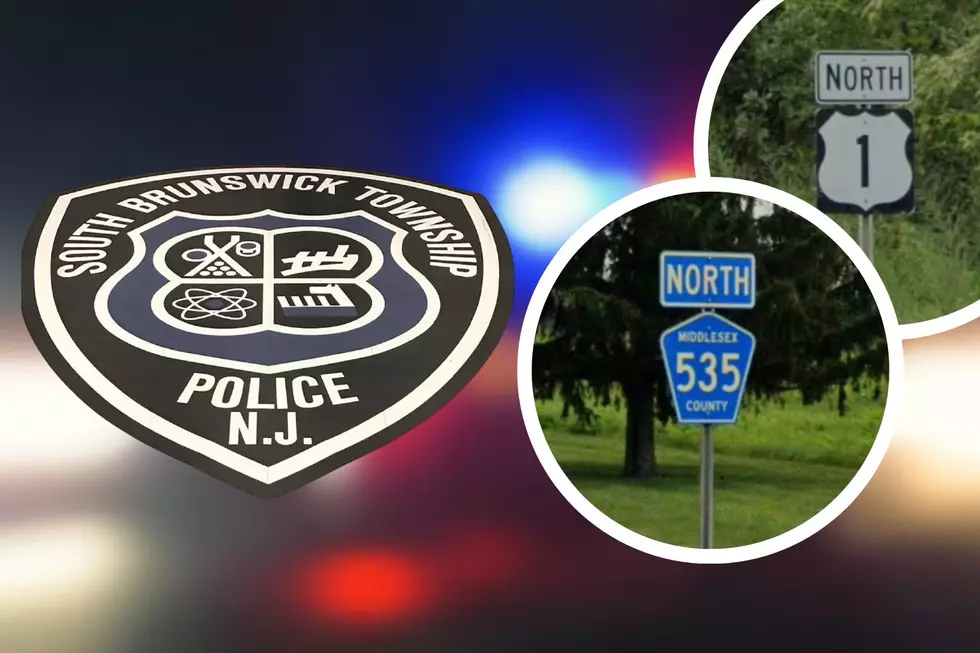
Council launches to explore paying reparations for slavery in NJ
🔲 With a bill stalled in Trenton, a nonprofit launches a reparations council
🔲 NJ was the last northern state to outlaw slavery
🔲 Structural racism are pervasive problems, scholars say
PERTH AMBOY — New Jersey’s history with slavery and a meaningful path forward was centerstage at a Juneteenth event on Monday.
The New Jersey Reparations Council was launched by the nonprofit New Jersey Institute for Social Justice.
It will carry out a two-year study on how the state can recognize the atrocities suffered by enslaved individuals — many of whom have descendants still able to tell their stories.
“New Jersey’s current racial disparities – some of the worst in the country – are a direct outgrowth of slavery in our state and generations of racist policies that followed,” New Jersey Institute for Social Justice President and CEO Ryan P. Haygood said in a written release ahead of the event.
“We like to think of ourselves in New Jersey as progressive and enlightened. In many ways that is true," he said. "But in other ways, this self-generated narrative has forestalled our reckoning and our acknowledgment that when it comes to racial justice, we have a long way to go.”
The council will seek input from New Jerseyans — and would be divided into nine subject-matter committees, with dozens of experts from around the state and country.
🔲 NJ’s stronghold on slavery, even through the Civil War
Lincoln's 1863 Emancipation Proclamation did not free enslaved African Americans in the Northern states — it freed only those in the southern "rebellious states," according to African American History Program Director Noelle Lorraine Williams, of the New Jersey Historical Commission.
Even two years later, New Jersey failed to ratify the 13th Amendment that abolished slavery and involuntary servitude across the country.
Before that, an act signed in 1804 still required children born to enslaved women in New Jersey to belong to their slaveholders for more than 20 years.
That system allowed slavery to continue through the 1860s in New Jersey, later than any other northern state.
Such slavery continued even amid the tireless work of abolitionists — including Harriet Tubman, who guided fugitive slaves through Newark to freedom as an Underground Railroad conductor.
Read More: Harriet Tubman Museum opens in Cape May
It wasn’t until Jan. 23, 1866, when Gov. Marcus L. Ward signed a state Constitutional Amendment, that slavery was finally ended in New Jersey.
🔲 'Reckon with our past and make for a better future,' Sen. Booker urges
Among guest speakers on Monday were U.S. Sen. Cory Booker, D-N.J., Assemblywoman Shavonda Sumter, D-Passaic, Newark Mayor Ras Baraka and People’s Organization for Progress Chairman Larry Hamm.
The launch event took place in Perth Amboy, a port city where ships carrying enslaved people from Africa arrived.
“This spot, right here — human beings were sold into torture,” Booker said, standing at a podium on the waterfront.
Booker also urged the state and country to “reckon with our past and make for a better future.”
“We’re at a time now that folk are trying to obscure our past. Folks are banning books; folks are trying to put gag orders on teachers and not allow them to teach the painful, wretched past that we have lived,” he said.
“It cheapens America. It diminishes the greatness of a nation that didn’t just get put down here in some kind of ‘Disneyfied’ fashion: We are a nation that had to overcome hardship and pain, struggle and suffering.”
The New Jersey Reparations Council is the latest step in the Institute’s “Say the Word: Reparations” campaign.
A YouTube video narrated by Baraka gives more details on the roots of slavery in New Jersey, which was known as the slave state of the North.
Even after the end of slavery, New Jersey enacted restrictions that amounted to massive obstacles for Black residents trying to own property, build houses and attend schools.
“Redlining was the systemic practice of banks, finance, and insurance companies intentionally refused Black African Americans mortgages while steering them into segregated industrial neighborhoods,” according to a 2021 piece for the Journal of Social Change.
Another practice — the cottager system — was a situation that "improved on day laboring, but most African Americans cottagers remained landless," according to the anthropology department at Montclair State University.
🔲 Push remains on creating the state's own reparations task force
Sumter, who is the chairwoman of the Legislative Black Caucus, has been prime sponsor of the measure to establish the New Jersey Reparations Task Force (A938/S386) to study and advocate for reparative justice.
She said the urgency of reparations was not just because it is overdue but because descendants were still with us, and urged voters to push the issue when headed to the polls for all state legislators in November.
Haygood said that some legislative leaders — he named Assembly Speaker Craig Coughlin, D-Middlesex — have a negative visceral reaction to the word “reparations,” saying that Coughlin had told him using the word makes people uncomfortable.
“Imagine how uncomfortable it is to be Black in New Jersey,” he countered, referencing the state's ranking among the country's greatest racial disparities.
He said Coughlin was among a number of state legislators who were attending Juneteenth events and speaking of the holiday's importance — all while a measure to begin to study the impact of slavery has remained stalled
Hamm said it was an “abomination” that the bill can’t even get cleared out of committee at the Statehouse.
LOOK: 50 essential civil rights speeches
Report a correction 👈 | 👉 Contact our newsroom
NJ county fairs are back! Check out the 2023 summer schedule
LOOK: Longest-living dog breeds
LOOK: Famous actors from New Jersey
More From New Jersey 101.5 FM









